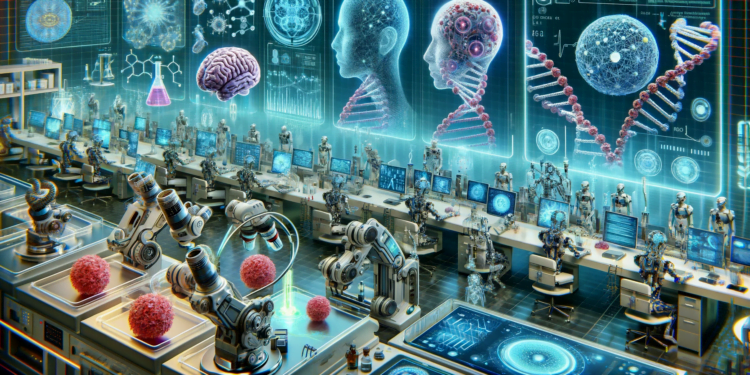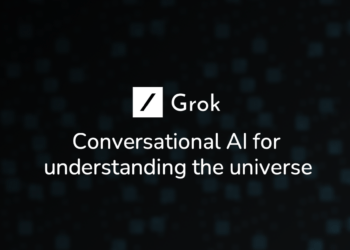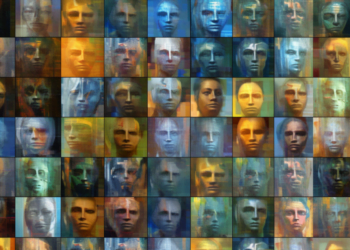The interface between artificial intelligence (AI), specifically machine learning (ML), and life sciences has generated groundbreaking synergies, catalyzing unprecedented advances in areas such as personalized medicine, drug discovery, and bioinformatics. This article delves into the cutting-edge developments and the integration of advanced ML algorithms in these realms, identifying critical milestones and outlining future prospects.
Advanced Algorithms in Medicine
Healthcare systems benefit from classification and regression models that interpret medical data with diagnostic accuracies that approach or, at times, surpass human capabilities. Models such as convolutional neural networks (CNNs) have set a benchmark in the interpretation of medical images. A recent study introduced a CNN-Aided Diagnosis System (CADx) which identifies breast neoplasms with an accuracy exceeding 95%, adjusting sensitivity and specificity as needed clinically. This model incorporates not only images but also clinical data to improve predictions.
Another disruptive field is next-generation sequencing (NGS), where algorithms like DeepVariant, developed by Google Brain, use CNNs to interpret sequencing data, standing out for its precision in identifying single nucleotide variations, insertions, and deletions.
Innovations in Drug Discovery
Drug discovery and development is a challenging and costly task. Machine learning has accelerated this process through the prediction of chemical compounds’ biological activity. A significant innovation in this area is the use of deep learning techniques to predict interactions between drugs and proteins. A system developed with Graph Neural Networks (GNNs) allows mapping the structure of a protein and, by applying deep learning techniques, to foresee how novel chemical compounds will interact with it.
Moreover, ML has transformed virtual screening with algorithms such as representation learning, which identifies patterns in chemical compounds databases at an unprecedented scale, potentially discovering drug candidates that would have been overlooked by traditional methods.
Applications in Bioinformatics
Bioinformatics is another area that has greatly benefited from advances in ML. Tools like AlphaFold, which uses deep neural networks to predict the three-dimensional structure of proteins based on their amino acid sequence, are propelling the understanding of fundamental biological processes and drug design. This system has managed to predict structures with an accuracy level comparable to complex experimental methods such as X-ray crystallography and nuclear magnetic resonance.
A significant case study is the pilot project where AlphaFold has predicted with high accuracy complete protein structures of critical pathogens, accelerating disease research and supporting the design of targeted therapies.
Conclusion
The speed at which artificial intelligence is evolving in the domain of biological and medical sciences is astounding. Nevertheless, we face challenges, such as the causal interpretation of predictions and the ethical implications of automation in health decisions. Multidisciplinary collaborations between data scientists, biologists, and healthcare professionals are crucial for optimizing benefits and minimizing risks associated with the use of ML.
Furthermore, the open interpretation of ML models and the democratization of access to these tools will allow a broader range of researchers to contribute to advancing science. The potential of these AI systems to catalyze discoveries in medicine and biology is only beginning to emerge, and as witnesses to this revolution, we are responsible for guiding their development towards a future where global health is the ultimate beneficiary.






















